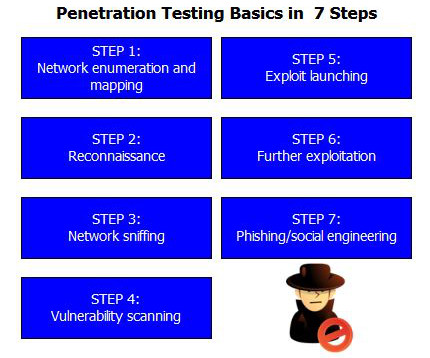Cybersecurity Predictions for 2023: My Reflections
Jane Frankland
NOVEMBER 20, 2023
Cyberattacks and data breaches will continue to arise because of credential theft, social engineering (phishing, smishing, vishing etc), vulnerabilities in third party software and supply chain processes, forged or stolen machine identities, and misconfigured cloud computing. Digital transformation. Types of attacks.

















Let's personalize your content